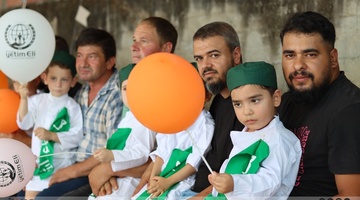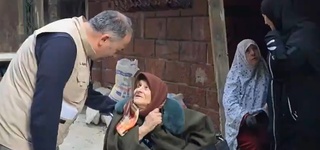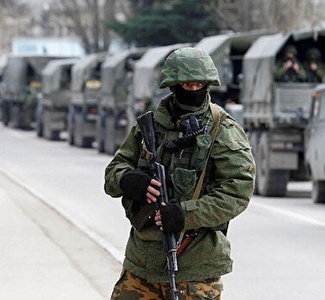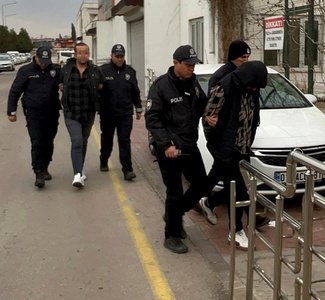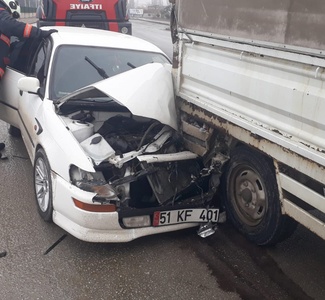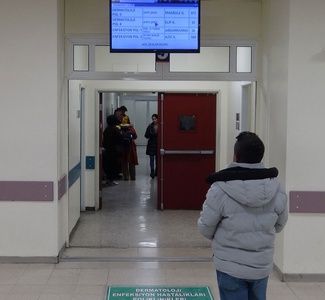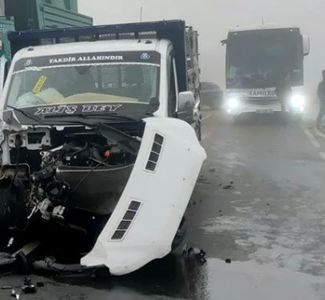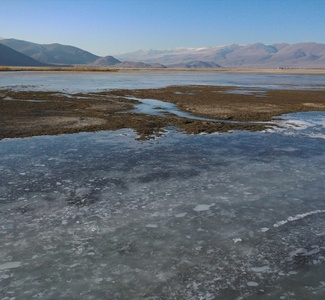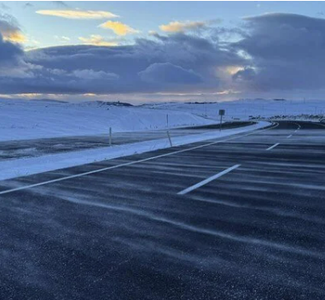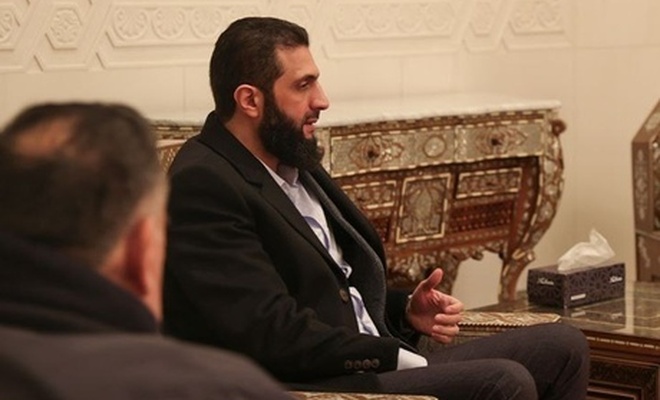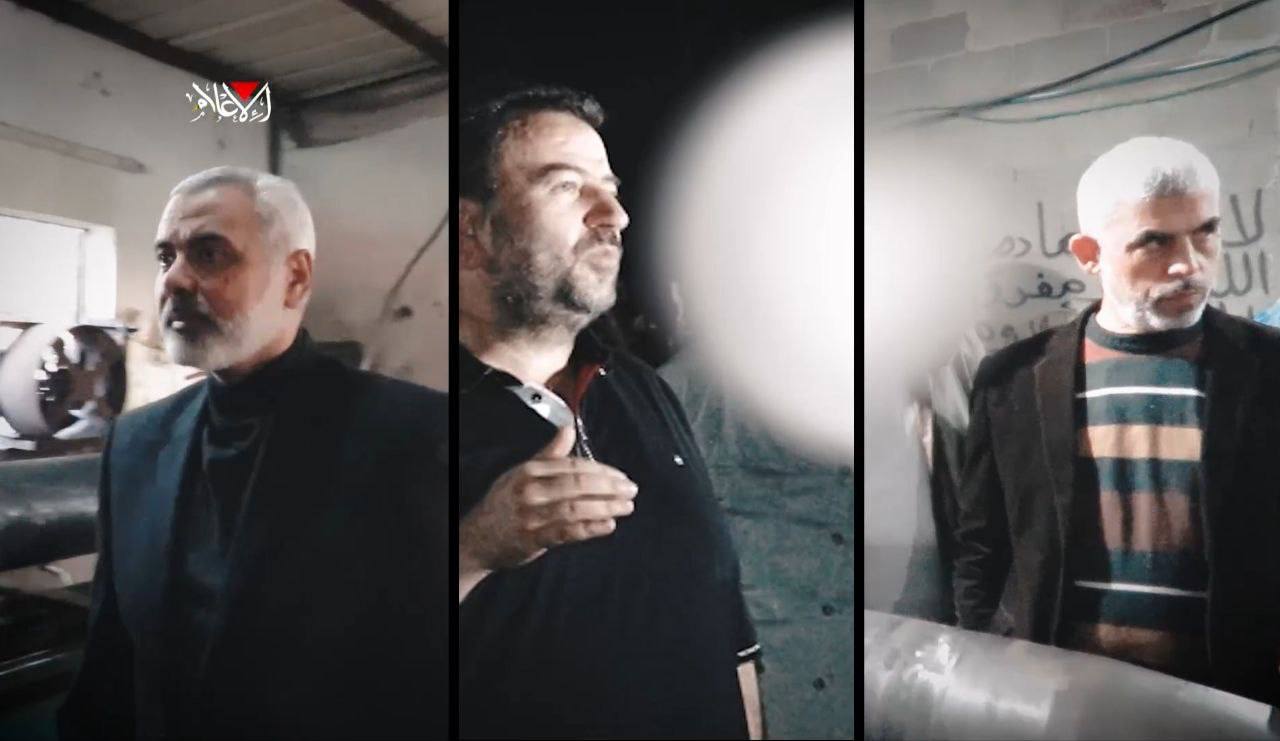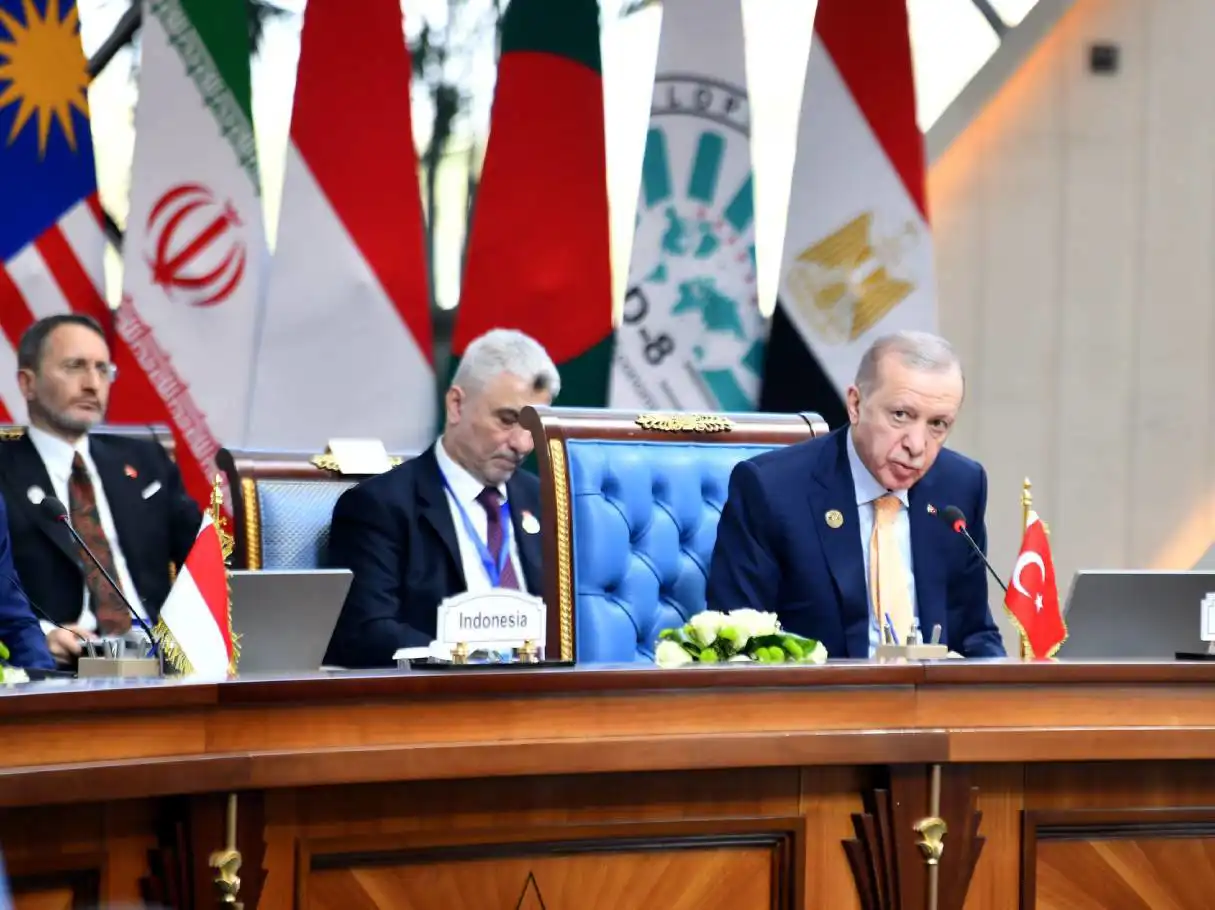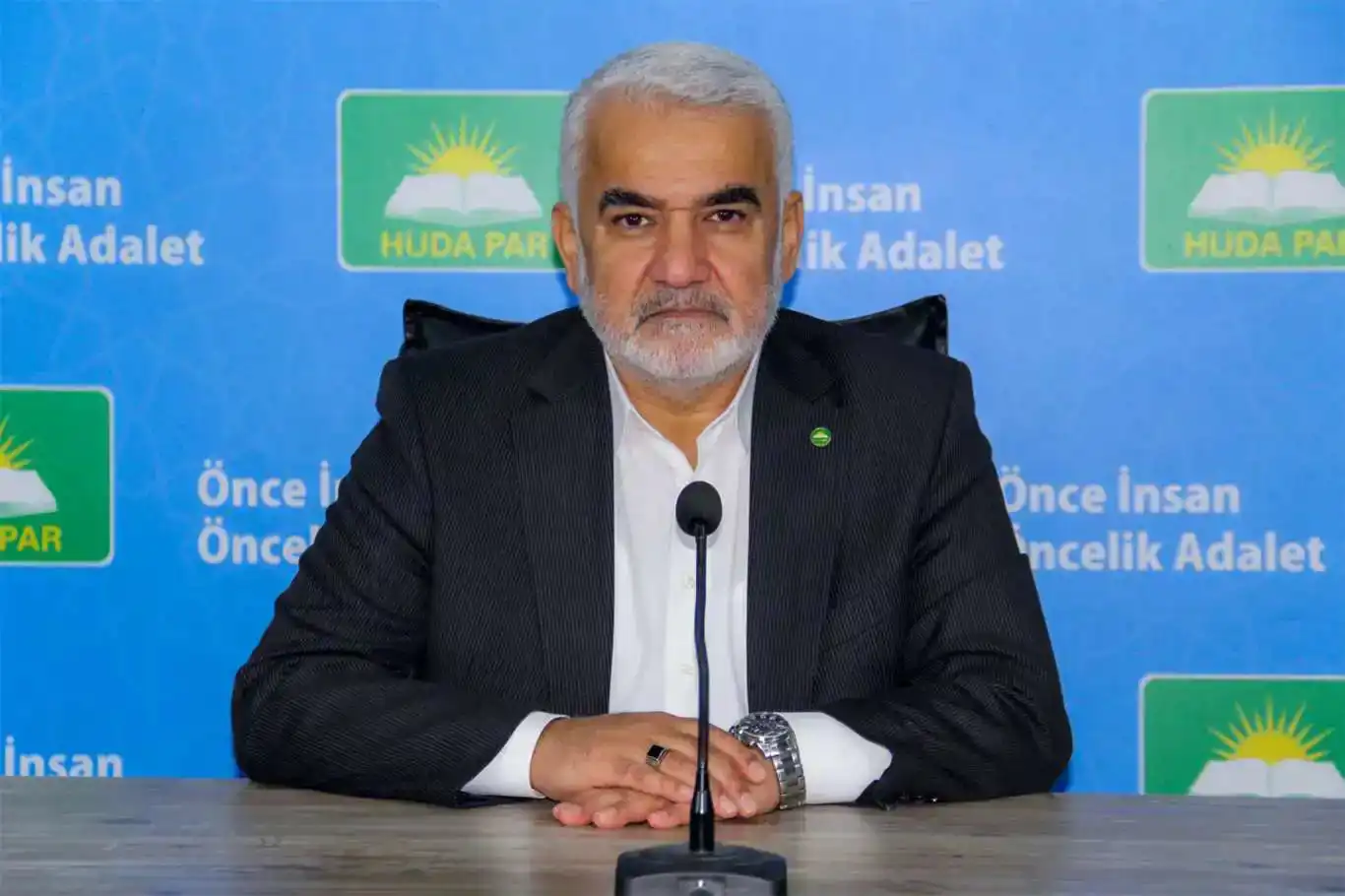Türkiye remembers the 25th anniversary of the devastating Marmara earthquake
Türkiye solemnly commemorates the 25th anniversary of the Marmara earthquake, one of the most devastating natural disasters in the nation's history.
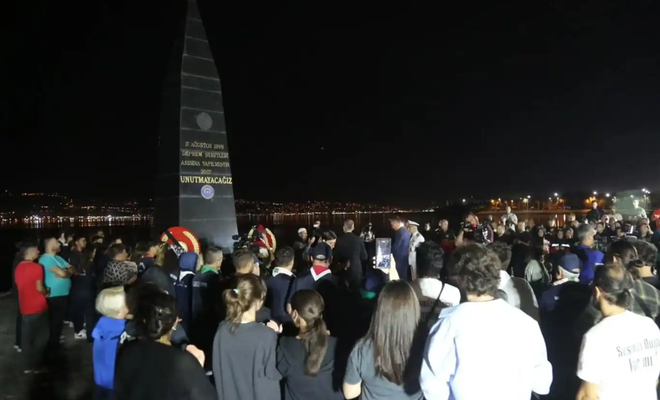
 Google News'te Doğruhaber'e abone olun.
Google News'te Doğruhaber'e abone olun. Striking on August 17, 1999, at precisely 03:01:40 local time, the earthquake, which measured 7.4 on the moment magnitude scale, forever changed the landscape of northwestern Türkiye and the lives of its inhabitants.
The earthquake, lasting a mere 37 seconds, unleashed unparalleled destruction across the region. The city of İzmit, located near the epicenter, experienced the full force of the quake, with entire neighborhoods reduced to rubble. Istanbul, though 70 kilometers (43 miles) away from the epicenter, did not escape the disaster’s reach. The Avcılar district, situated on unstable ground composed of poorly consolidated Cenozoic sedimentary rocks, suffered immense destruction, underscoring the vulnerability of urban areas built on such terrain.
In the immediate aftermath of the earthquake, the toll of human loss and structural damage began to emerge. Official estimates placed the death toll at 17,127, with 43,959 people injured. However, many believe the true numbers were much higher, with some reports suggesting as many as 45,000 lives were lost. The earthquake left a staggering 20,000 buildings collapsed and an additional 120,000 poorly constructed homes irreparably damaged. As a result, approximately 250,000 people were rendered homeless, forced to seek shelter in makeshift camps or with relatives in other parts of the country.
The region's infrastructure, critical to both the local and national economy, was severely impacted. The earthquake struck an area known for its industrial activities, and the damage to key installations was extensive. Oil refineries, automotive plants, and military facilities, including the Turkish navy headquarters and arsenal in Gölcük, sustained significant damage. The disaster also sparked a catastrophic fire at the Tüpraş petroleum refinery, Türkiye’s largest oil refinery. The fire, which raged for days, was exacerbated by the breakage of water pipelines, making it difficult for firefighters to control the flames.
Beyond the land, the earthquake's impact reached the waters of the Sea of Marmara. A tsunami generated by the seismic upheaval struck coastal areas, adding to the devastation. The tsunami claimed an additional 155 lives, bringing further tragedy to a region already overwhelmed by the disaster.
The response to the Marmara earthquake was immediate and international in scope. Within hours, rescue teams from around the world began arriving in Türkiye to assist with the search for survivors and to provide much-needed medical care and humanitarian aid. Countries from across Europe, Asia, and the Americas sent teams of experts, along with equipment and supplies, to support the overwhelmed local authorities. Non-governmental organizations, including the Red Crescent, played a crucial role in delivering aid, setting up temporary shelters, and providing food and medical assistance to those affected.
The disaster also led to a reexamination of building practices and disaster preparedness in Türkiye. The collapse of so many buildings, particularly those constructed with poor materials or in violation of building codes, highlighted the need for stricter enforcement of construction standards. In the years following the earthquake, the Turkish government implemented significant reforms aimed at improving the safety and resilience of buildings in earthquake-prone areas. These reforms included stricter building codes, better enforcement mechanisms, and the promotion of public awareness about earthquake preparedness.
As Türkiye observes the 25th anniversary of the Marmara earthquake, the nation reflects on the profound losses suffered and the lessons learned in the wake of the disaster. The memory of those who perished in the earthquake remains a poignant reminder of the vulnerability of human life in the face of natural forces. Yet, the resilience shown by the survivors, and the solidarity displayed by people both within Türkiye and from around the world, serve as a testament to the strength of the human spirit in overcoming even the greatest of challenges.
Today, ceremonies and memorials are being held across the country, particularly in the regions hardest hit by the earthquake. Survivors, families of the victims, government officials, and citizens are gathering to honor the memory of those lost, to offer support to one another, and to reaffirm their commitment to ensuring that such a tragedy never occurs again. The anniversary serves not only as a day of remembrance but also as a call to action, reminding the nation of the importance of preparedness, resilience, and unity in the face of future challenges. (ILKHA)





























